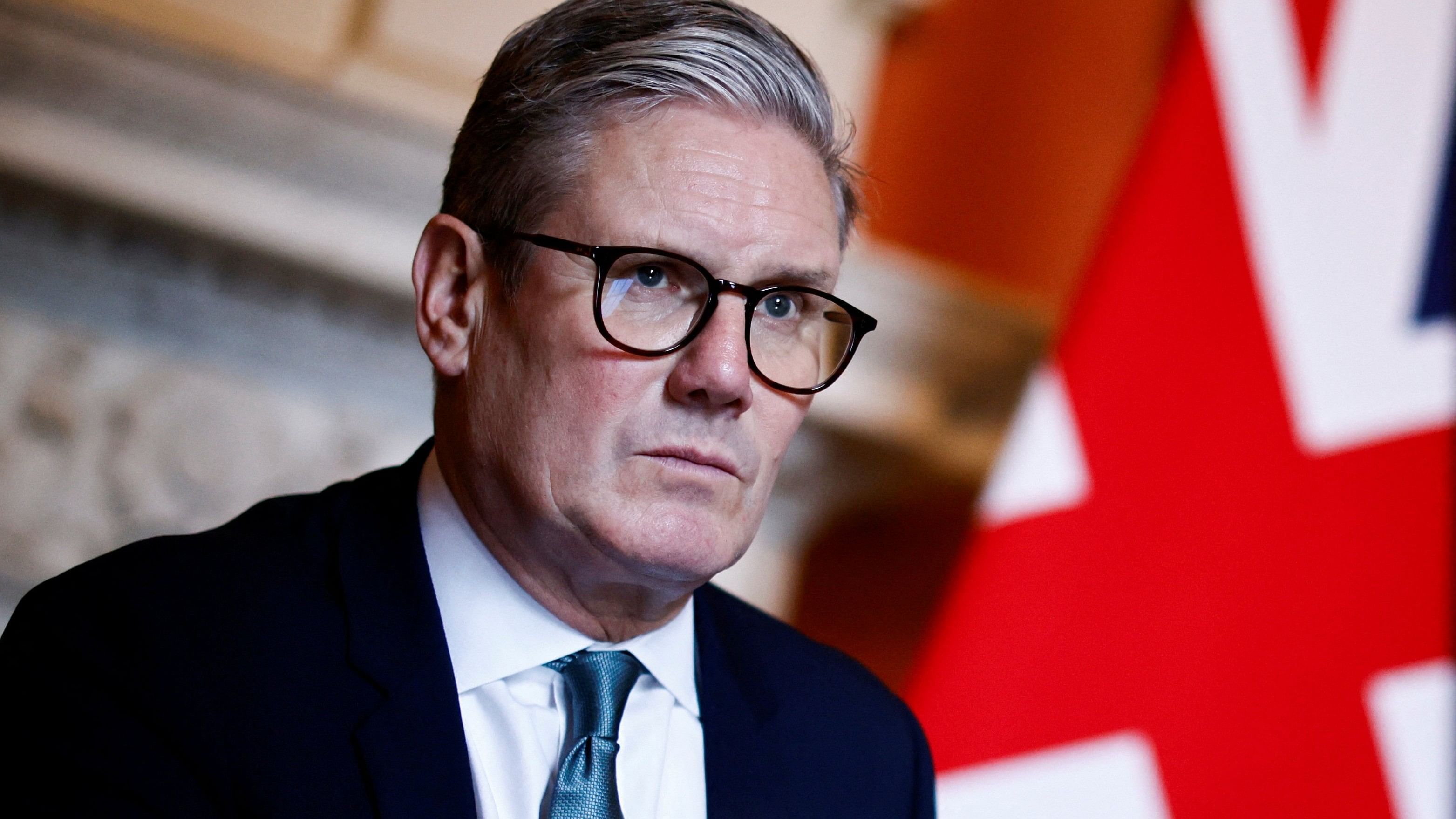
Britain's Prime Minister Keir Starmer.
Credit: Reuters Photo
London: Britain's new government said on Wednesday it will strengthen the role of the country's official budget watchdog under new laws that Prime Minister Keir Starmer hopes will boost Britain's attractiveness to investors.
Under the planned new legislation - announced in parliament by King Charles - all fiscal events making "significant and permanent tax and public spending changes" will be assessed by the Office of Budget Responsibility, the government said.
Former Prime Minister Liz Truss and her finance minister Kwasi Kwarteng triggered a crash in British government bond prices in 2022 when they announced big tax cuts in a "mini-budget" plan that they did not allow the OBR to assess.
The watchdog's forecasts on growth and government borrowing typically accompany budgets and other big fiscal statements.
Some analysts say the new legislation is unlikely to make much practical difference as the Labour Party has made it clear it intends to involve the OBR in assessing its fiscal plans.
"The litmus test of success for Labour will be whether they can get UK growth going again, which is going to require difficult reform of the planning system, green industrial policy, and a potentially closer relationship with the EU," Paul Diggle, chief economist at investment firm abrdn, said.
Starmer and his finance minister Rachel Reeves have said they want to turn Britain into the Group of Seven economy with the fastest sustainable growth rate through a combination of reforms to the planning system and more investment.
They have committed to fiscal rules similar to those of the Conservative government led by Rishi Sunak with a bit more room for borrowing to fund investment.
Their plan to require OBR scrutiny of budgets and other fiscal events had previously been announced as part of the Labour Party's pre-election policy programme.
The government also confirmed in the King's Speech its plan to create a National Wealth Fund to help drive investment into key industrial sectors including renewable energy.
The National Wealth Fund will build on an existing UK Infrastructure Bank, and will receive 7.3 billion pounds ($9.5 billion) of capital to attract 20 billion pounds of private investment.